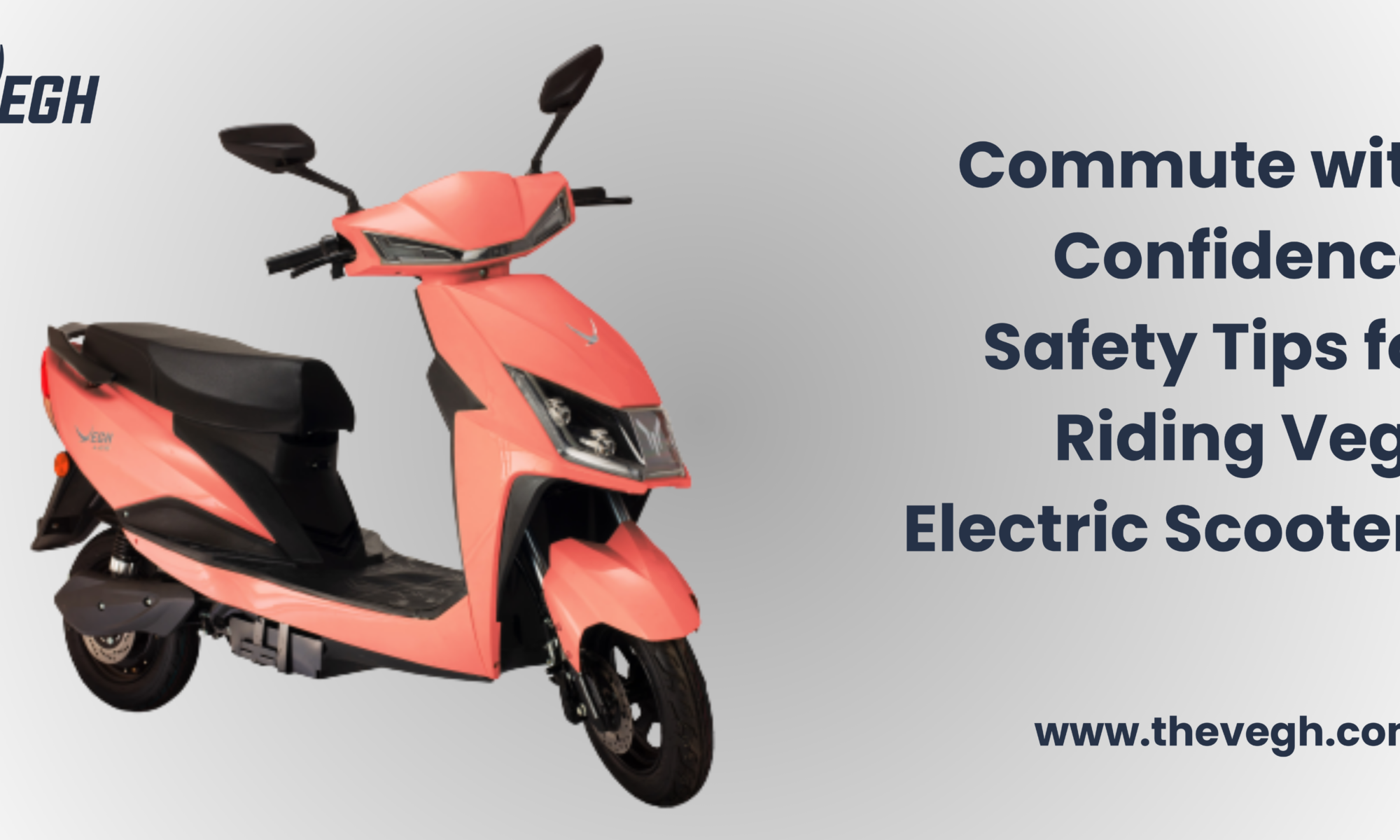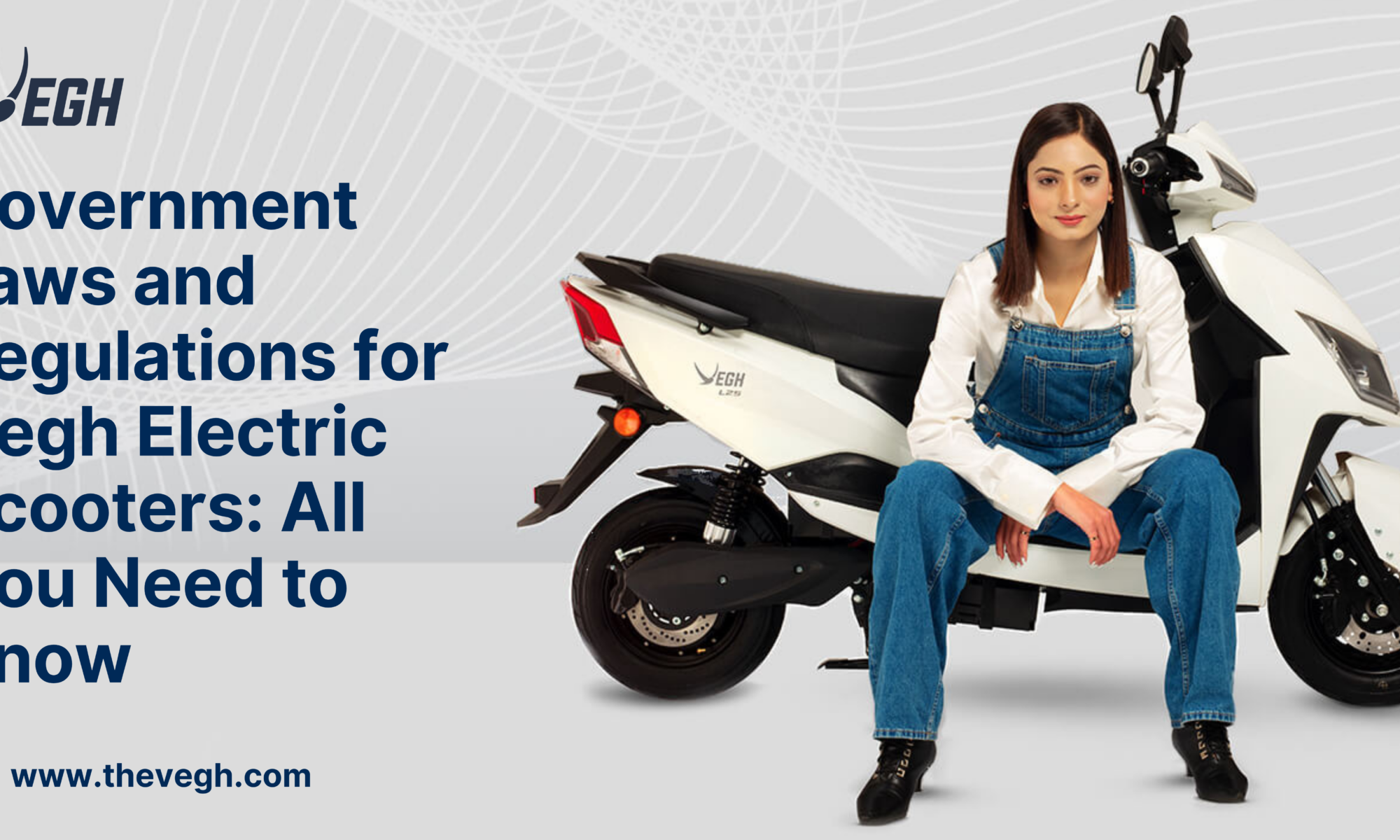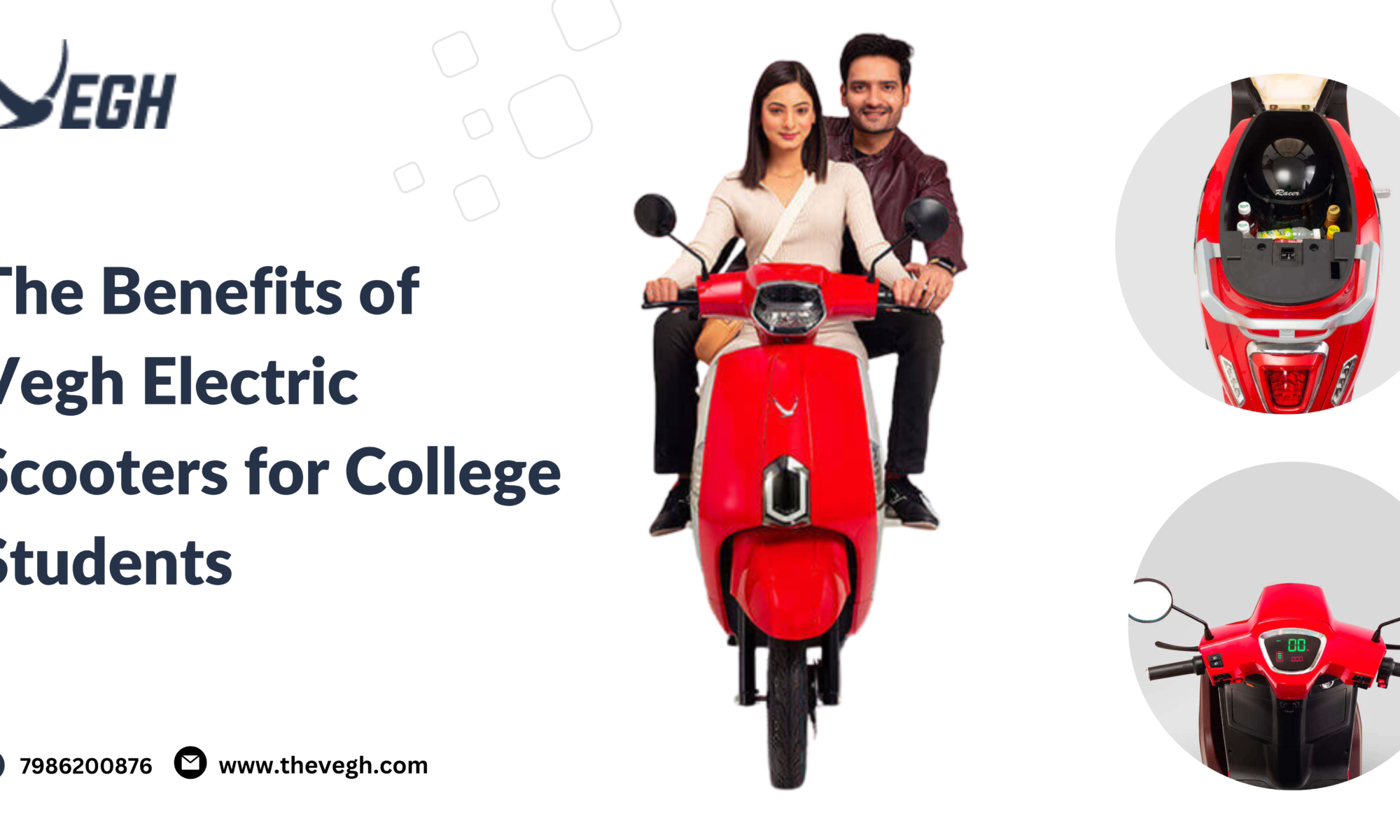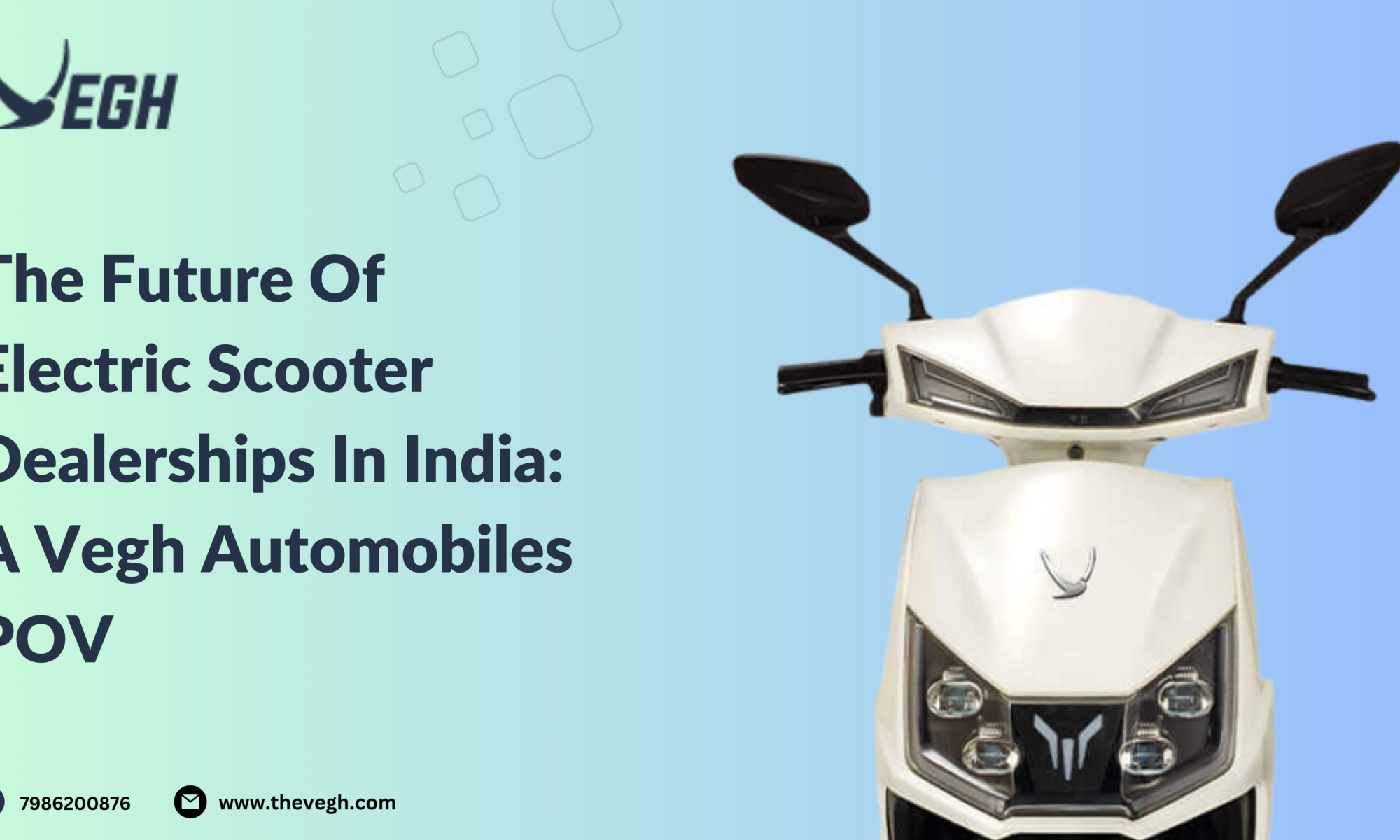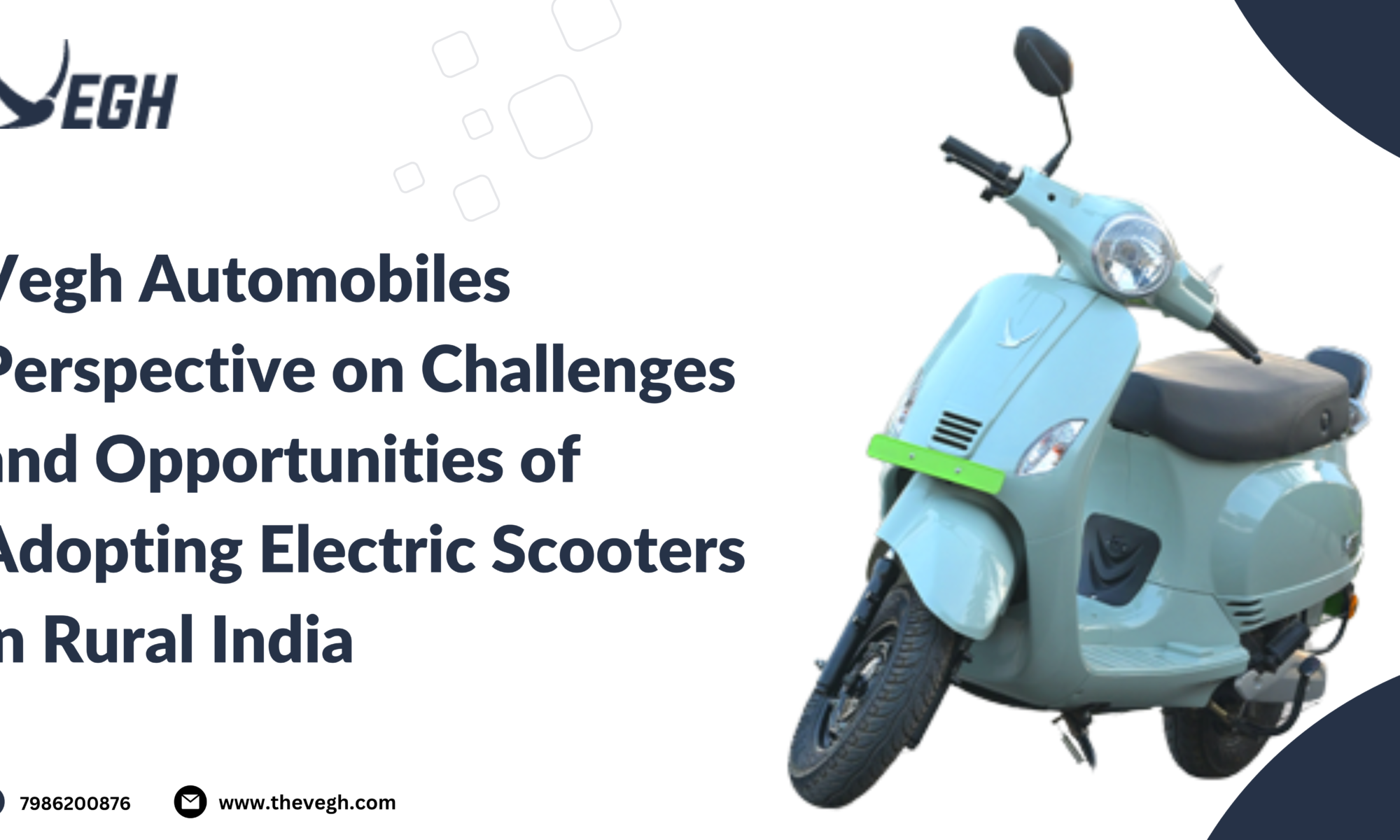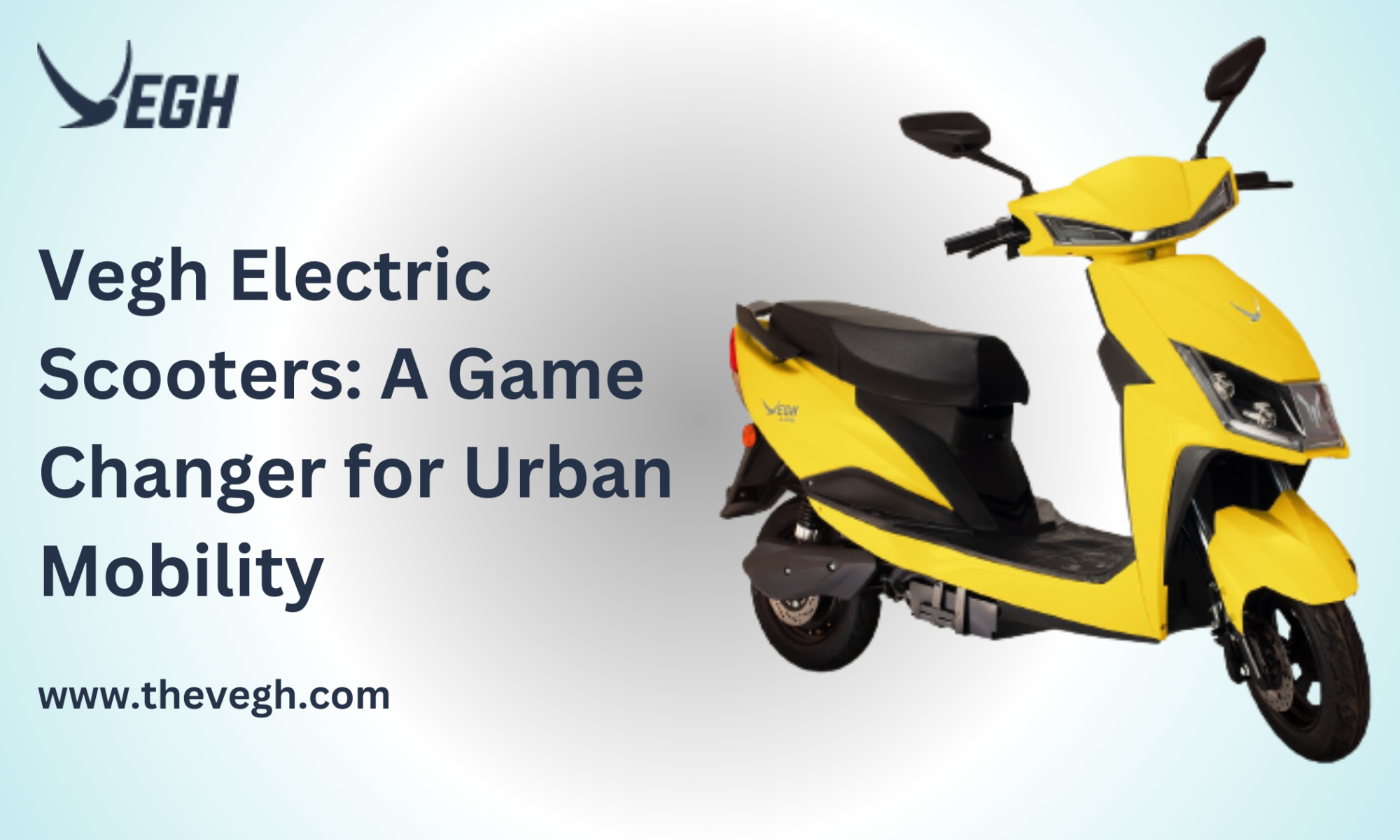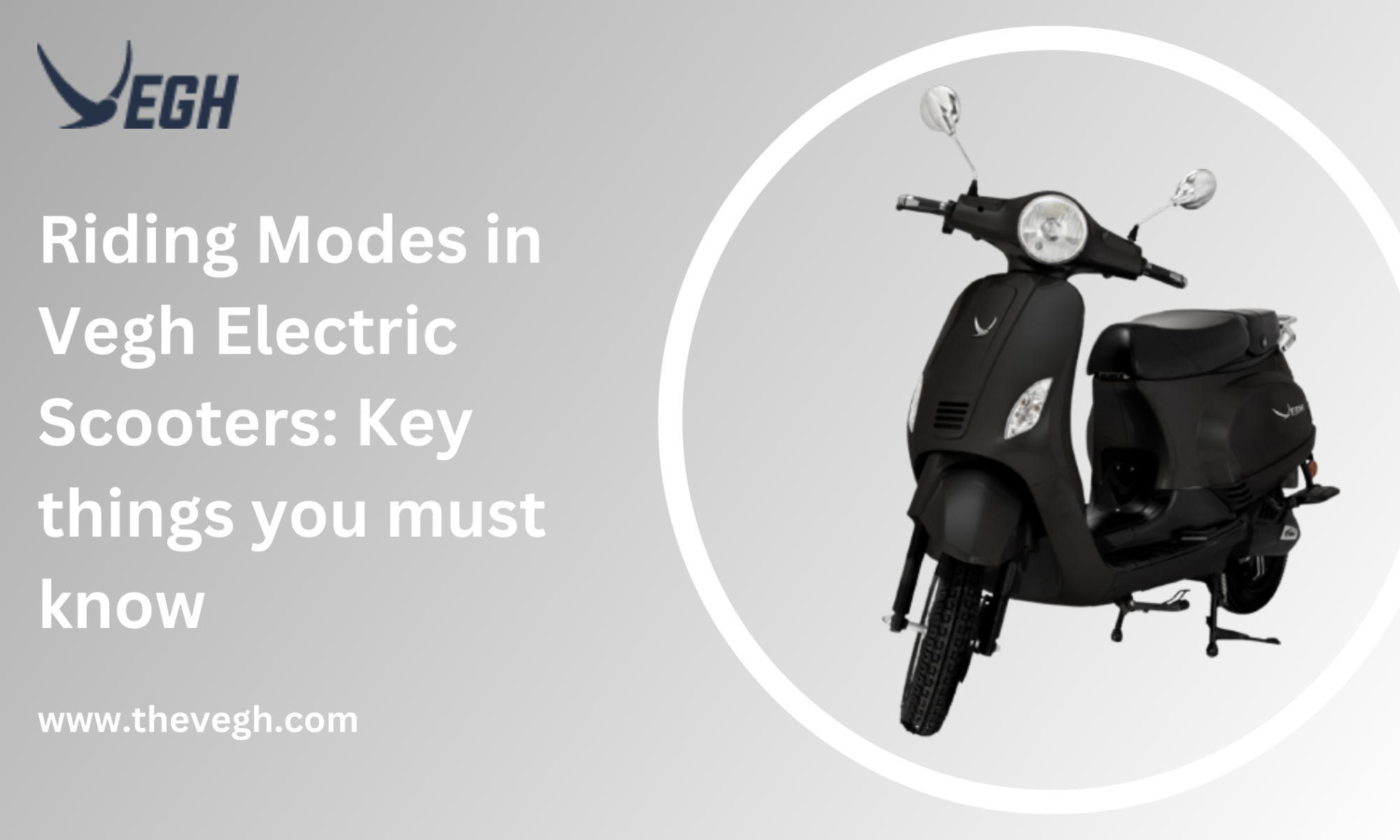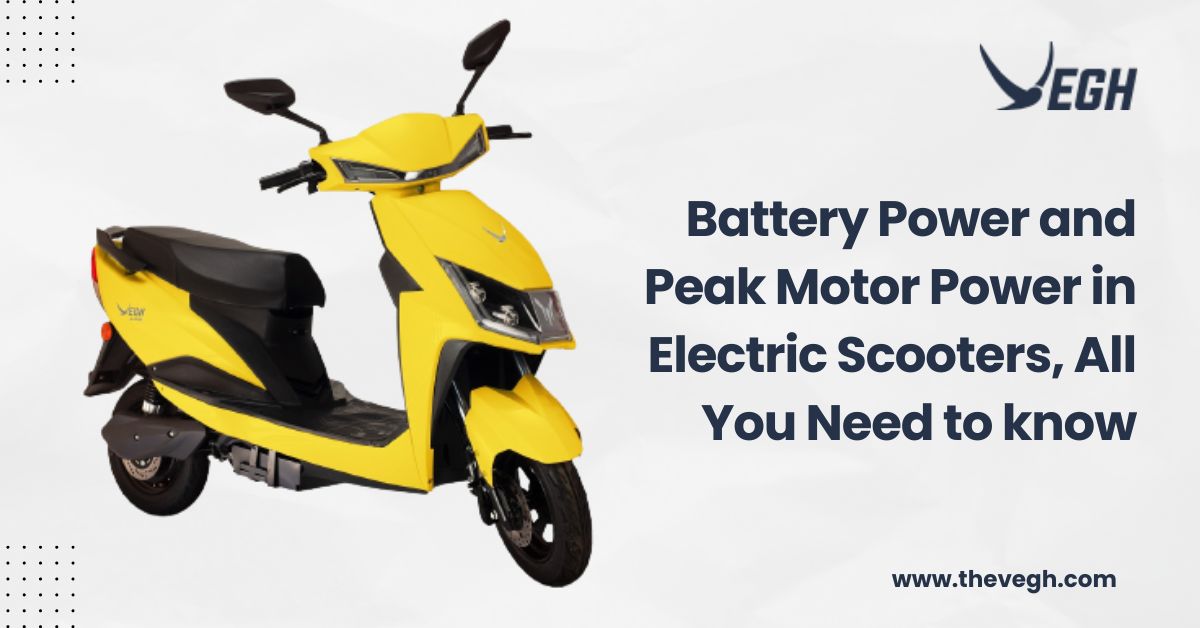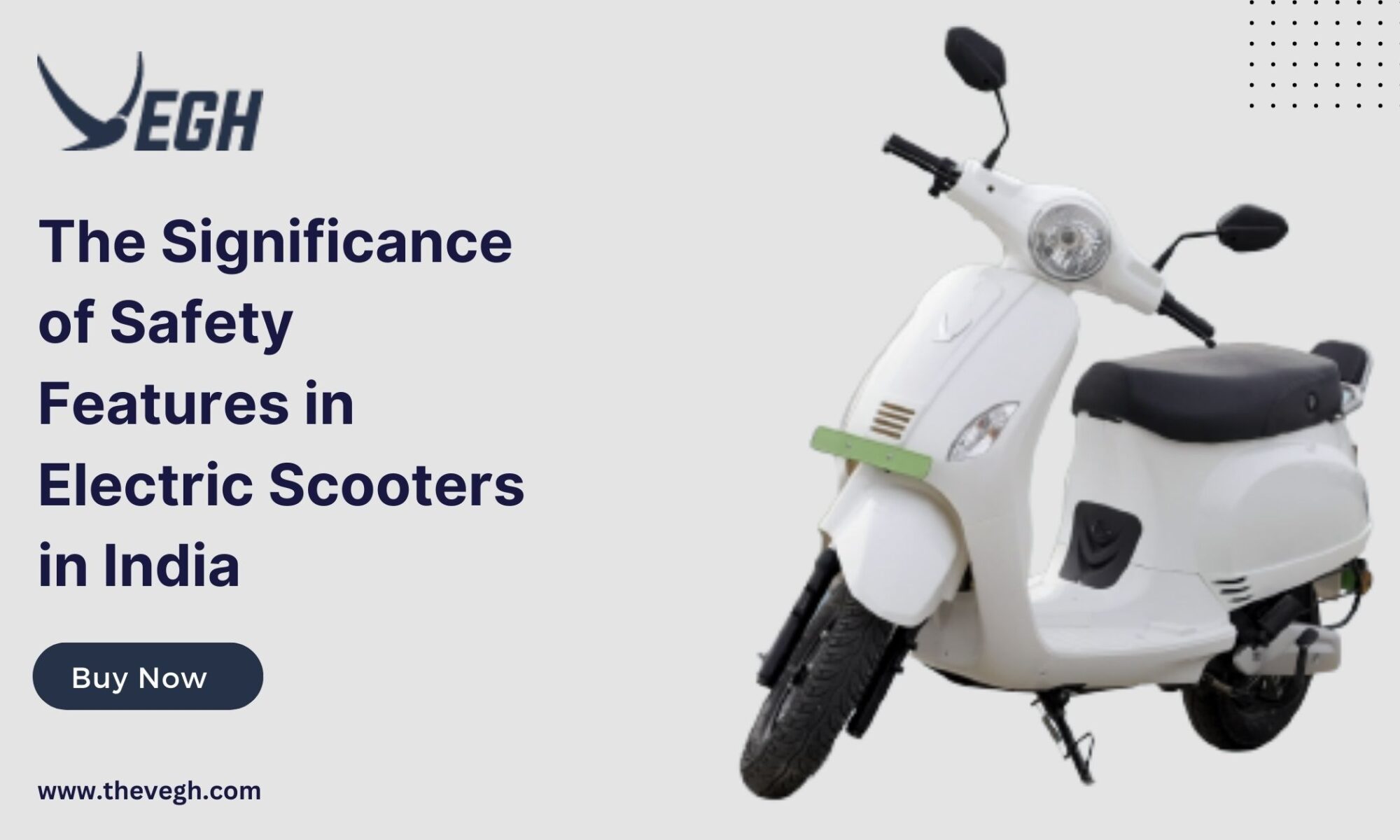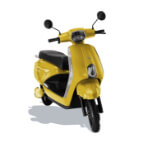Commuting with ease and convenience has become a reality with the rise of electric scooters. Companies like Vegh Automobiles have introduced a new mode of transportation through high-speed electric scooters that allow commuters to zip through busy streets quickly. However, with the benefits of high-speed electric scooters come specific safety considerations that riders must keep in mind. This blog will explore the advantages of riding a Vegh Electric Scooter and provide safety tips to ensure a confident and secure commute.
Safety Tips for Riding Vegh Electric Scooters
Wear Protective Gear
One of the most crucial safety measures for scooter riders is wearing appropriate protective gear. Always wear a helmet to protect your head in a fall or collision. Additionally, wear closed-toe shoes and reflective clothing during the nights to enhance your visibility on the road, especially during low-light conditions.
Familiarize Yourself with the Scooter
Before riding on a Vegh Electric Scooter, please take a few moments to familiarize yourself with its features and controls. Understand how to accelerate, brake, and operate the scooter safely. It will help you feel more confident during your rides and enable you to react appropriately in different situations.
Observe Traffic Laws and Regulations
Electric scooters are considered vehicles, so riders must adhere to traffic laws and regulations. Familiarize yourself with the local rules in your area, including speed limits, where to ride, and any scooter-specific regulations. Ride in designated bike lanes or on the road’s edge, and always follow traffic signals.
Stay Alert and Aware
Just like any other mode of transportation, it is vital to stay alert and aware of your surroundings while riding a Vegh Electric Scooter. Keep an eye out for pedestrians, cyclists, and vehicles. Avoid distractions such as using your phone, listening to loud music, or engaging in conversations that may divert your attention from the road.
Ride Defensively
To ensure a safe and confident commute,adopt a defensive riding approach.Anticipate potential hazards by looking for erratic drivers, parked car doors opening, or pedestrians unexpectedly stepping onto the road. Maintain a safe distance from vehicles and assume other drivers will not see you. This proactive mindset will help you react quickly and avoid accidents.
Plan Your Route
Before commencing, take a few moments to plan your route. Identify roads with designated bike lanes or lower traffic volumes to ensure a smoother and safer ride.
Consider alternative routes that offer better road conditions or reduced congestion. By planning, you can minimize potential risks and enjoy a more confident commute.
Follow Scooter Maintenance Guidelines
To ensure optimal performance and safety, it is essential to maintain your Vegh Electric Scooter regularly. Follow the guidelines for servicing and inspect your scooter for any signs of wear and tear. Check the tire pressure, test the brakes, and ensure all lights function correctly. Proper maintenance will prevent any unexpected malfunctions or accidents.
Practice Defensive Stopping
Safe stopping is a critical element of scooter riding. Slow down gradually when approaching intersections, turns, or crowded areas. Always use both brakes to achieve maximum stopping power and avoid sudden jerks or movements that may compromise your balance. By practicing defensive stopping, you can maintain control and reduce the risk of collisions.
Ride Sober and Avoid Distractions
Lastly, riding your Vegh Electric Scooter with a clear mind and free from any impairments is vital. Never operate a scooter under the influence of alcohol or drugs, as it severely impairs judgment and reaction times. Additionally, avoid distractions such as texting, browsing the internet, or using headphones while riding. Your full attention should be on the road and your surroundings.
Conduct a Pre-Ride Check
Before starting your journey, conducting a pre-ride check on your Vegh Electric Scooter is essential. Ensure the tires are properly inflated, the brakes function correctly, and all lights and indicators work. This simple check can help prevent unexpected issues during your ride and ensure a safer commuting experience.
Be Mindful of Weather Conditions
Weather conditions can significantly impact the safety of riding a Vegh Electric Scooter. Be mindful of how the weather may affect your ride, and adjust your riding style accordingly. Slow down and increase your following distance in wet or slippery conditions for extra stopping time. Similarly, strong winds can affect balance, so maintain a firm grip on the handlebars and ride cautiously.
Maintain a Safe Speed
While riding a Vegh Electric Scooter can be exhilarating, it is vital to maintain a safe and appropriate speed. Traveling at excessive speeds can significantly increase the risk of accidents and make it more difficult to react to unexpected situations. Adhere to speed limits and adjust your speed based on the road conditions, surrounding traffic, and the level of visibility. Remember, arriving safely is more important than reaching your destination quickly.
Conclusion
In conclusion, riding a Vegh Electric Scooter offers numerous advantages, including eco-friendliness, cost-effectiveness, and increased mobility. However, to fully enjoy these benefits, it is crucial to prioritize safety during every ride. By following these safety tips— wearing protective gear, observing traffic laws, staying alert, riding defensively, planning your route, maintaining your scooter, practicing defensive stopping, and avoiding distractions— you can confidently commute with peace of mind. Together, let’s ensure that Vegh electric scooters remain a safe and enjoyable mode of transportation for everyone.

